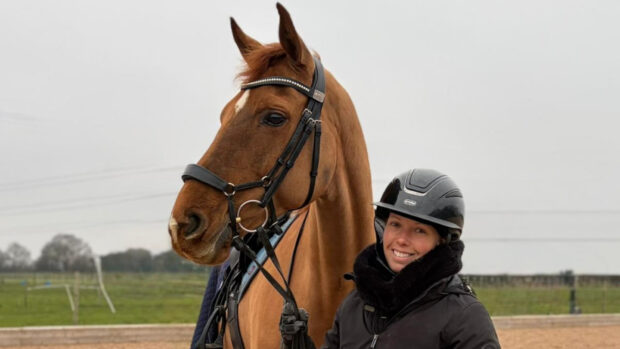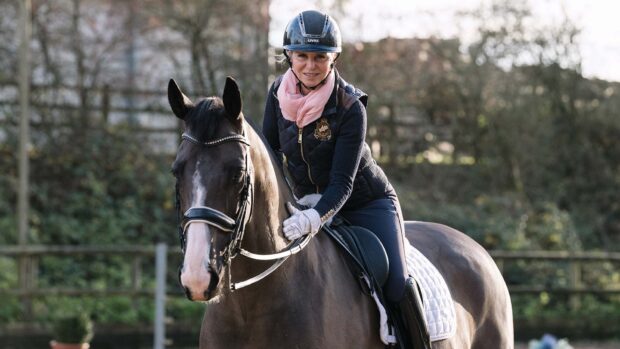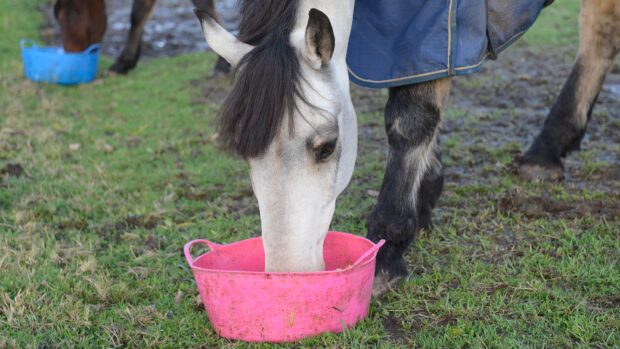Rule changes must be considered carefully or the sport risks facing unintended consequences, warns Mark Phillips
With social licence in the news, horse welfare is top of the agenda for horse sports. There are many who think use of the horse is abuse of the horse and that horses should be fat and happy in a field. There isn’t much media coverage of the fact all sport horses have truly five-star love, care and attention, nor of the plight of those poor animals left neglected in paddocks.
The pinnacle of all sports attracts the greatest attention. The higher the level of performance, the smaller the margin of error, therefore the higher the skill needed by the rider. But let’s be clear that horses competing at these levels love it. There is no way that 100lb of rider can make 1,000lb of horse do something against its will.
In eventing, five-star competition was much discussed at the FEI risk management forum at Jardy (news, 9 and 16 February), with a focus on reducing horse falls. We course-designers go to massive lengths to try to make fences as forgiving as possible for horses, using decoration to help them understand the question. But we cannot prevent a horse falling every now and again.
There is a strong move to have a fence automatically taken off the course if there are two horse falls at it. I can see the logic, but believe the wording should be “rotational” falls as they are the most dangerous. This should not have to be a rule – if a fence is jumping badly, the officials should remove it anyway if the pictures are not good – but this judgement is not always easy.
Some want a fence automatically taken out after one horse fall, which I cannot condone. Imagine if horse number one tips up in The Lake at Badminton Horse Trials and the rest of the field just gallop by. The competition would quickly become a farce. A fall caused by bad riding does not necessarily mean that a fence is a bad one.

Removing influential fences – such as The Lake at Badminton – after a single horse fall could result in the competition becoming “a farce”, says Mark Phillips.
The forum also discussed keeping up the standard of courses so combinations are appropriately qualified for the next level – if fences are removed after one fall, we create too many situations when too many competitors don’t tackle the key questions.
Some want riders to be automatically sanctioned if a horse falls. This isn’t right. Falling off and walking home is punishment enough and the officials can always impose sanctions if dangerous riding is involved.
The solution here is better officiating, not more rules with unintended consequences.
Flags were also on the forum agenda and I support introducing a penalty for knocking down a flag. Riders are not ski racers. This rule would mean designers have to provide more jumpable width and riders have to get straighter at skinny fences, creating safer jumping.
Whip restrictions
British Eventing had hoped to lead the way on whip rules, and only padded whips are allowed for jumping this year. They plan to introduce a rule next year that says a rider can only use the whip on a horse’s shoulder. Both the US federation and FEI are looking at the same thing, albeit worded differently. Any other use of the whip would be considered abuse of the horse, resulting in sanctions.
They’ve all been beaten to the line by British Riding Clubs, who have this year introduced a rule that prohibits a rider hitting a horse after a refusal or elimination. This is a good rule for preventing riders from taking temper out on their horse.
These days, we must see the whip only as an instrument of safety – to create impulsion, back up the leg and keep the horse straight – and not one of admonishment or to encourage more speed. Restricted use of the whip is coming and the sooner the Olympic disciplines embrace it, the better.
Horse welfare and safety have never been under more debate. Please can we have more considered discussion before rushing to a place that could unintentionally change the very nature of a sport loved by so many.
● What do you think whip rules should say? Write to hhletters@futurenet.com including your name, nearest town and county for the chance tpo have your views published in a future issue of Horse & Hound magazine.
- This exclusive column will also be available to read in Horse & Hound magazie, on sale Thursday 9 March
You may also be interested in…

Ban on using whips after refusals, elimination and ‘out of temper’ in competition

British Eventing strengthens rules on horse welfare and abuse for 2023

10 competition legal whips in a variety of styles for every discipline

‘Hell no’ becomes ‘yes please’ on eventing flag rule debate

Holding riders responsible for horse falls and removing fences – ideas to make eventing safer

Subscribe to Horse & Hound magazine today – and enjoy unlimited website access all year round
Horse & Hound magazine, out every Thursday, is packed with all the latest news and reports, as well as interviews, specials, nostalgia, vet and training advice. Find how you can enjoy the magazine delivered to your door every week, plus options to upgrade your subscription to access our online service that brings you breaking news and reports as well as other benefits.




